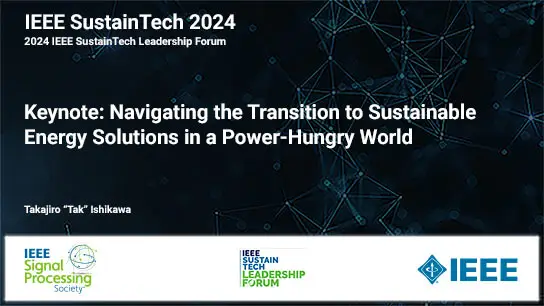Towards Natural And Controllable Cross-Lingual Voice Conversion Based On Neural Tts Model And Phonetic Posteriorgram
Shengkui Zhao, Hao Wang, Trung Hieu Nguyen, Bin Ma
-
Members: FreeSPS
IEEE Members: $11.00
Non-members: $15.00Length: 00:08:31
08 Jun 2021
Cross-lingual voice conversion (VC) is an important and challenging problem due to significant mismatches of the phonetic set and the speech prosody of different languages. In this paper, we build upon the neural text-to-speech (TTS) model, i.e., FastSpeech, and LPCNet neural vocoder to design a new cross-lingual VC framework named FastSpeech-VC. We address the mismatches of the phonetic set and the speech prosody by applying Phonetic PosteriorGrams (PPGs), which have been proved to bridge across speaker and language boundaries. Moreover, we add normalized logarithm-scale fundamental frequency (Log-F0) to further compensate for the prosodic mismatches and significantly improve naturalness. Our experiments on English and Mandarin languages demonstrate that with only mono-lingual corpus, the proposed FastSpeech-VC can achieve high quality converted speech with mean opinion score (MOS) close to the professional records while maintaining good speaker similarity. Compared to the baselines using Tacotron2 and Transformer TTS models, the FastSpeech-VC can achieve controllable converted speech rate and much faster inference speed. More importantly, the FastSpeech-VC can easily be adapted to a speaker with limited training utterances.
Chairs:
Tomoki Toda



